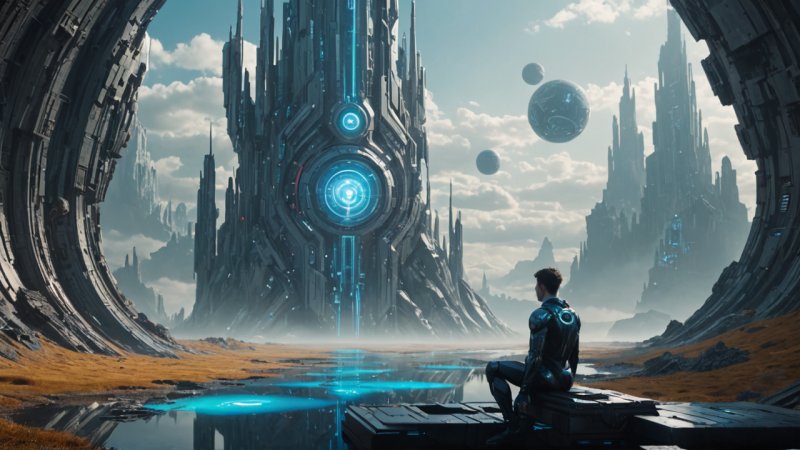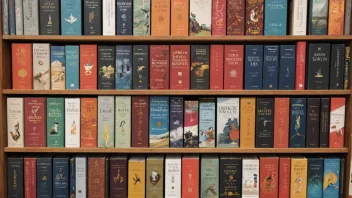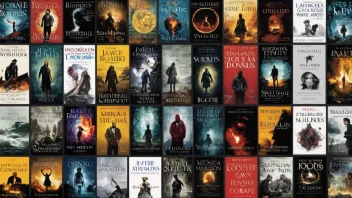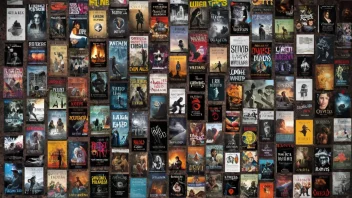What is the concept of free will in literature?
Free will refers to the ability of individuals to make choices that are not determined by prior causes or divine intervention. In literature, particularly science fiction, this concept often raises questions about autonomy, choice, and the implications of technology on human decision-making.
How do science fiction authors explore free will?
Science fiction authors frequently use futuristic settings, advanced technology, and altered realities to challenge the notion of free will. They create scenarios where characters face dilemmas about their agency, often questioning whether their decisions are genuinely theirs or influenced by external factors.
Can you provide examples of science fiction works that tackle free will?
- “Neuromancer” by William Gibson - This novel explores the implications of artificial intelligence and cybernetics on human autonomy.
- “The Matrix” (Film) - A film that questions reality and choice, where characters grapple with the truth of their existence.
- “The Adjustment Bureau” by Philip K. Dick - This story delves into the struggle against predestined paths imposed by a controlling organization.
- “Fahrenheit 451” by Ray Bradbury - A dystopian narrative that examines the suppression of free will through censorship and societal control.
What themes are commonly associated with free will in science fiction?
Some prevalent themes include:
- Determinism versus free will - The debate over whether our actions are preordained.
- Identity and self-discovery - Characters often embark on journeys to uncover their true selves.
- Technology's impact on choice - Examining how advancements can limit or enhance personal freedom.
- Rebellion and resistance - Many protagonists fight against systems that seek to control or dictate their choices.
How does the setting influence the exploration of free will?
The settings in science fiction can vastly influence the narrative regarding free will. For example, dystopian societies often illustrate the lack of free will through oppressive regimes, while utopian settings may showcase the ideal of absolute freedom. The contrast between these environments can highlight the struggle between choice and control.
What role does technology play in the discussion of free will?
Technology in science fiction often serves as a double-edged sword. It can enhance human capabilities and offer new possibilities for choice, but it can also lead to manipulation, surveillance, and loss of autonomy. Through various technological scenarios—like mind control, artificial intelligence, and virtual realities—authors question the essence of free will.
Why is it important to explore free will in literature?
Exploring free will in literature allows readers to reflect on their own lives and the choices they make. It prompts discussions about ethics, morality, and the essence of being human. Additionally, it raises awareness about real-world issues such as autonomy in the face of societal norms and technological advances.
How can readers engage further with this theme?
Readers can engage with the theme of free will in several ways:
- Read diverse genres: Explore various science fiction works that address free will.
- Participate in discussions: Join book clubs or online forums to share insights and interpretations.
- Write reflections: Consider writing essays or blogs about your perspectives on free will in literature.
- Attend literary events: Look for panels or discussions that focus on themes of autonomy and choice in literature.
In conclusion, science fiction serves as a powerful medium for examining the complexities of free will. Through imaginative narratives and thought-provoking scenarios, authors challenge us to question the nature of our choices and the factors that influence them. Engaging with these concepts not only enriches our reading experience but also encourages deeper reflections on our own lives and the world around us.






